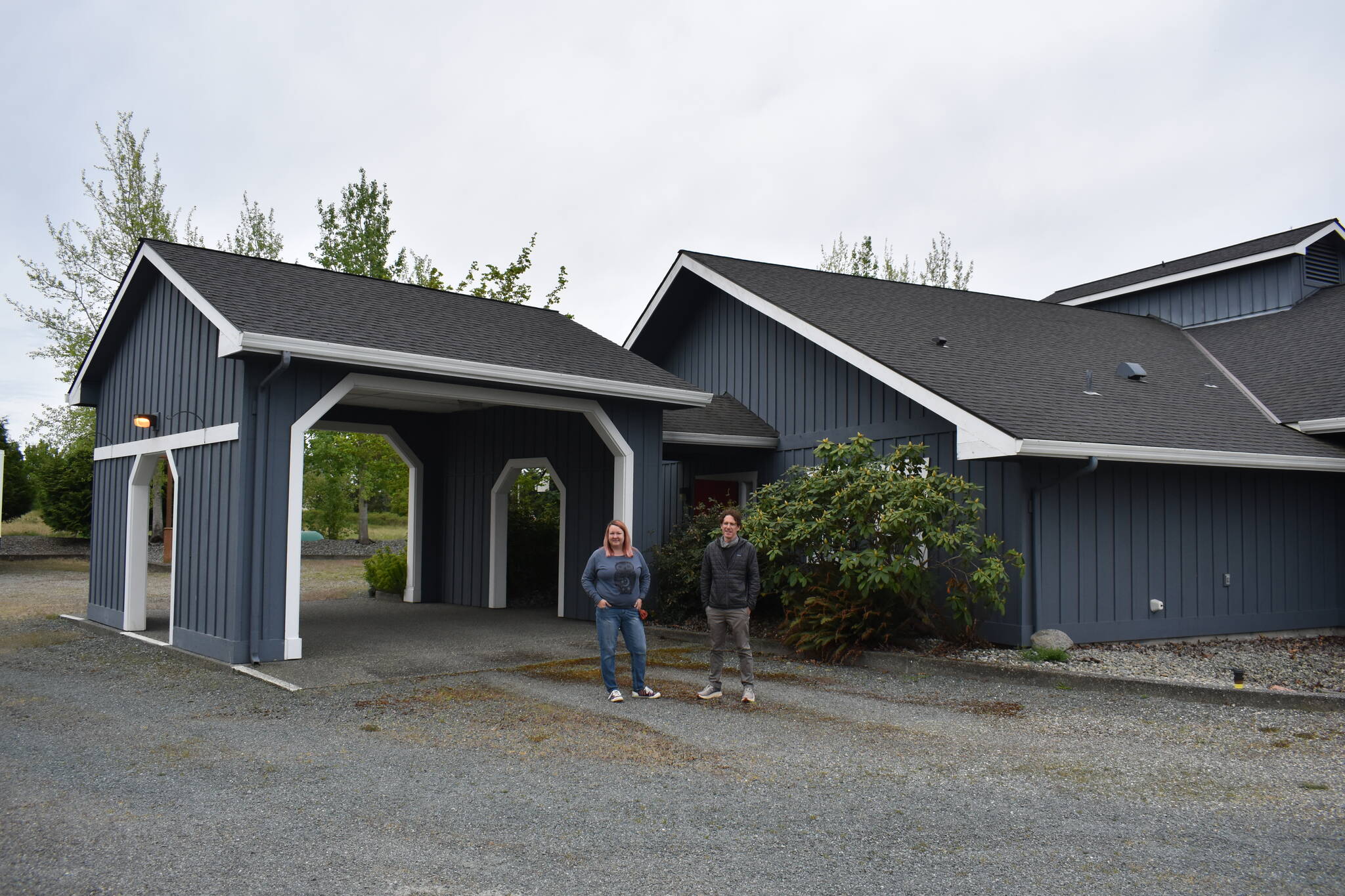Plans to convert a former church in Central Whidbey to an emergency shelter for up to 30 homeless people are moving forward.
In a decision earlier this month, Island County Hearing Examiner Andrew Reeves approved the Whidbey Homeless Coalition’s Type III application following a site plan review process. The group currently runs The Haven night-to-night homeless shelter out of churches in Oak Harbor but purchased the former Jehovah’s Witness church on Morris Road for a permanent shelter.
The decision, unless appealed, will allow the nonprofit organization to covert the church into a shelter for up to 30 guests a night. The church sits on 1.94 rural-zoned acres.
“We are very excited to move forward and get this shelter up and running,” said Tanya Stager-Gran, director of the Whidbey Homeless Coalition.
Stager-Gran said the group hopes to have the shelter up and running by April. The next step, after the 21-day appeal period is over, is to re-bid the fire suppression system. The Haven currently has an average of 22 guests per night.
The process of obtaining the approval has been long and complicated.
In 2020, the Whidbey Homeless Coalition was awarded a $415,000 grant from the state Department of Commerce to purchase the former church and property. The grant was passed through Island County.
Neighbors of the project have been outspoken in their opposition to the project, citing an increase in crime, the rural location, the impact of Navy aircraft noise on guests, an inadequate septic system and the effect on property values. Others said The Haven is vital for helping unsheltered people in the community and that a permanent shelter in the middle of the island, and near services in Coupeville, was an important upgrade.
The county received two petitions. One opposing the project had 430 signatures and another in favor of the proposal had about 450 signatures
Following advise from the county, the group initially planned a two-phase site plan review process. The staff report stated that the coalition’s plan is to develop the property in two phases: the first phase would allow up to 12 guests, and the second phase, which would require additional permitting, would allow up to 30 guests.
The county initially approved a Type II application for 12 guests, but Coupeville resident Kyle Green, a nearby property owner, filed an appeal with the hearing examiner.
Reeves ruled that the county erred with the piecemeal approval, given that it was known the group planned on seeking an application for 30 guests in the future. In response, the Homeless Coalition went forward with a Type III application, which the hearing examiner approved.
Under the terms of the approval, shelter guests would be screened and then transferred from Oak Harbor at 6 p.m. each night and would be driven back to Oak Harbor each morning at 7 a.m. via vans operated by the nonprofit. Paid, trained staff will be on-site at all times to oversee shelter guests. The guests would only be permitted outside the building during two supervised smoke breaks.



